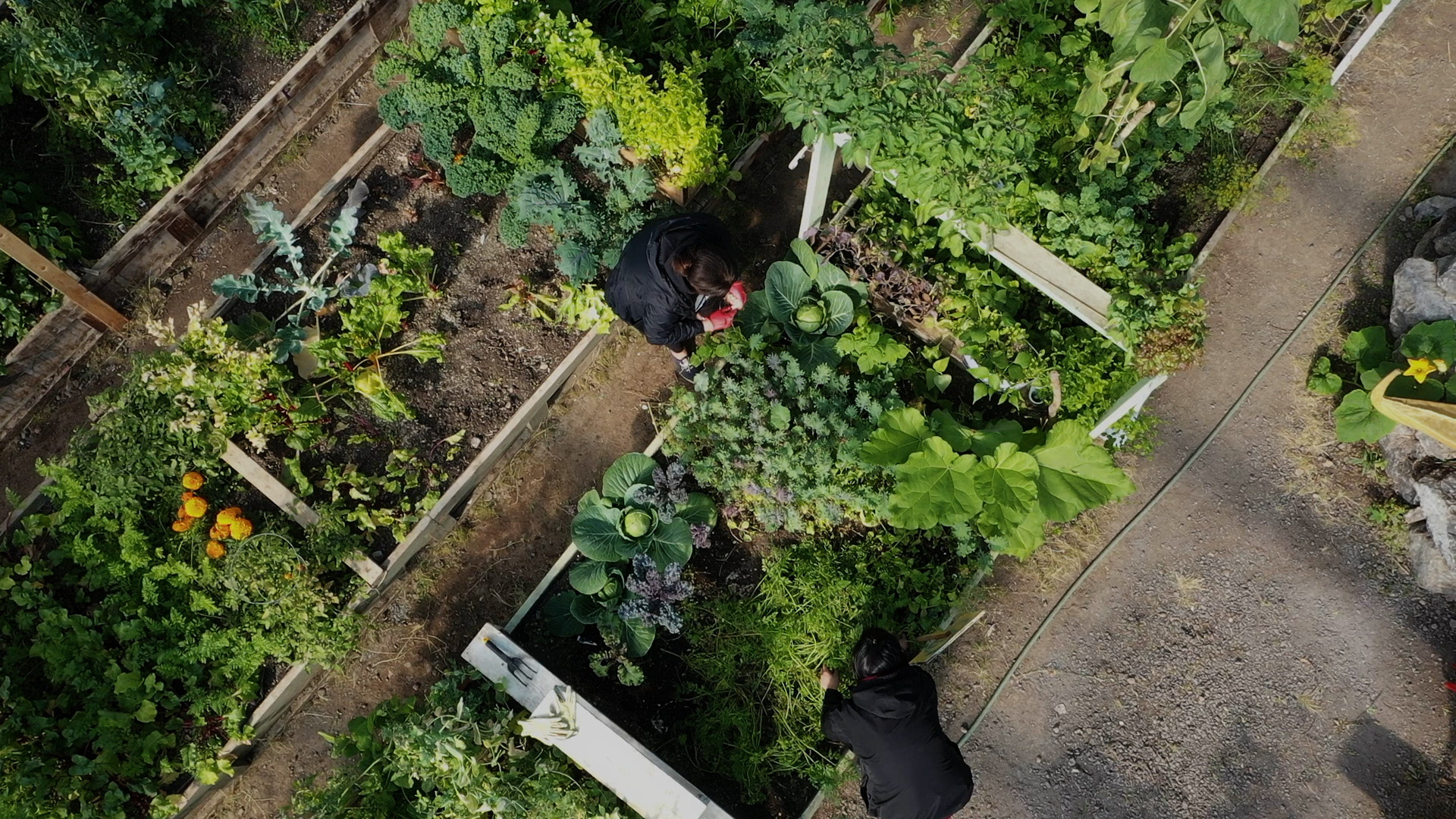
'Food for the Rest of Us' Review: Something For Us to Chew On
Director: Caroline Cox
Synopsis: An examination of how getting back to the land is tied to other movements such as Black Lives Matter, Idle No More and Times Up. Follow four stories of people living life on their own terms, serving as leaders and role models who are lending their voice to the underdog and leading a revolution to a better world, from the ground up!
Review:
I hate that everything has gotten so political, it's something that genuinely grates on me. There are some issues (e.g. the environment, healthcare, and education to name a few) that just shouldn't be left or right, and I would include food in that group. But fact is, food is very political. Just think of when quinoa's popularity exploded in North America years ago, which sent its sales tag skyrocketing and Peruvian locals being priced out of a commonly eaten grain native to their land. Never before have we been more aware of where our food comes from and what that means -- and rightfully so.
 Copper Quartz Media
Copper Quartz Media
Food for the Rest of Us looks to explore just how political food is in 2021 following a farming collective in rural Hawai'i, a community garden run by a social activist in Kansas City, a Kosher butcher on a Colorado farm looking to make the male-dominated field of butchery more accessible, and a greenhouse in the Northwest Territories run by local entrepreneurs. The documentary examines how food and social issues are bonded together by history and its impact on the food system we have today.
A prevailing theme across all of the film's subjects is the idea of self-sustainable farming. Taking back ownership of our food supply and removing our reliance from large commercial farming practices. An incredibly commendable goal for the world, but not entirely plausible given the lack of land and growing populace around the world, particularly in North America. Because Food for the Rest of Us follows four wildly different farming ideas, audiences get a wide range of perspectives and can find inspiration, if they choose, depending on their situation.
Food security in the developed world is shockingly and sadly a very relevant discussion today and we need to urge those in the position to enact change to do so. Films like Food for the Rest of Us help put a spotlight over these issues and hopefully inspire and encourage everyone to do something -- anything. The doc doesn't offer any concrete conclusions, nor does it have to. Food for the Rest of Us presents ideas for audiences to chew on instead -- some food for thought if you will.
Watch Food for the Rest of Us through DOXA 2021 until May 16.
Post a comment